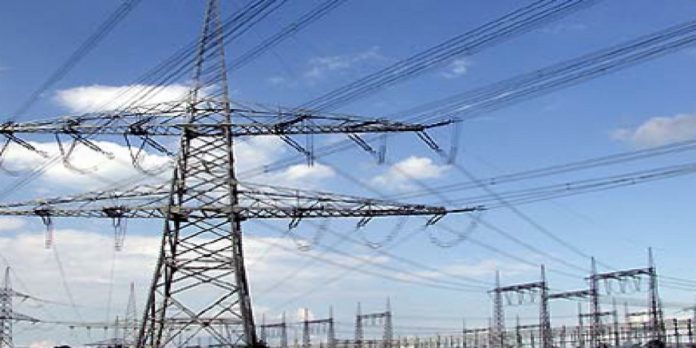DONGGUAN/BEIJING. From southern factories hustling to meet Christmas export orders to residents of northern towns panic buying candles, China is suffering widespread power cuts that threaten growth in the world’s second-largest economy and hit global supply chains.
A confluence of factors has led to the rolling brownouts in a country where nearly 60 per cent of the economy is powered by coal.
Record coal prices, state electricity price controls and tough emissions targets have conspired to squeeze the power supply, forcing over a dozen provinces and regions to announce curbs on energy usage in recent months.
In Guangdong, where China’s manufacturing reputation was chiselled out on the mass production of everything from electronics to jeans to ship around the world, entire supply chains have faced power outages or restrictions for weeks.
Some power-guzzling machines have been shut down and working hours have been reduced, rationed or flipped around to ease the strain on local grids.
“But we still require suppliers to meet their deadlines and ask them to do night shifts instead or use their own generators to ensure production is smooth,” Sherman Chan, deputy general manager at Shenzhen television manufacturer Express Luck told AFP.
“We also face rising costs, as suppliers have to put in added capital to complete the work.”
That has further constricted supply chains in a country where order books already bristled with demand from home and western markets emerging from the pandemic.
From Chinese snack giant Toly Bread to Tesla suppliers, companies warn of production delays as the crisis deepens.
Meanwhile, in Dongguan — a sprawling Guangdong factory city powered by armies of internal migrant labourers —workers are being pushed to their limits.
“We worked overnight yesterday, and we’re working overnight again today,” said Cui, a warehouse worker at a shoe factory forced to cease daytime production for much of the week.
“Of course we’re unhappy… but we’re going along with the hours that the power curbs take place,” he added, declining to give his full name.
Xu, an employee at a factory making metal pipe fittings, told AFP the last-minute outages have lowered production by almost 40 per cent this month, as the plant’s machinery takes hours to start up properly.
“We cannot carry out production normally,” she told AFP.
Gripes at limited air conditioning in the warm south are rebounding across Weibo; Chinese media reports surging orders at northeastern candle makers, while authorities in Beijing and Shanghai have tried to rebrand supply shortages as “routine maintenance”.
Ever reflexive to the risks of social unrest, China’s leaders are taking note. The State Grid held an emergency meeting on Tuesday where leaders pledged to guarantee power supply for residential use, calling the issue a “most urgent political task”.
In an alleyway in Beijing’s old city, where authorities had previously said a handful of courtyard homes would be temporarily cut off for “routine work”, AFP on Wednesday saw notices on buildings saying the maintenance work had been cancelled.
The power crunch comes as the country’s energy demand soars past pre-pandemic levels, while restrictions on coal imports from Australia — owing to a political stand-off — squeeze supply.
“The main culprits are a global energy shortage and China’s price controls for power,” Julian Evans-Pritchard, analyst at Capital Economics, said in a note.
“The prices of coal and natural gas have soared everywhere due to unseasonable weather and supply disruptions.”
At the same time, China’s strict regulation of end-user electricity prices have heaped the burden of rising coal costs onto power plants.
Disruptions have hit expectations for China’s economic growth this year, with Goldman Sachs and Nomura lowering their annual predictions this week.
Factory owners say the next few weeks are critical as workers rush to meet Christmas export orders, which have already been troubled by the sky-high cost of shipping goods around the world.
“We have many delivery deadlines that have been extended,” Lam Cheong Leung, a director at a home goods manufacturer, told AFP. “But even with that we don’t know how to resolve the situation,” Lam said.
